From the organic chemicals found in animal dung to mass-produced inorganic pesticides, chemicals play an important role in the agricultural industry.
The two main categories of chemicals used in crop agriculture are:
- Fertilisers
- Pesticides, including insecticides, herbicides, and fungicides
Livestock raising, which is another key part of the agriculture sector, uses other types of chemicals in things such as vaccines, antibiotics, and formulated feeds. However, for the purposes of this article, we will be focusing on crop agriculture.
Read on to find out more about the different types of chemicals used in the agriculture industry and why they’re important.
In this post:
Why are chemicals used in agriculture?
Chemicals are used in agriculture for three main reasons:
- To prevent or treat diseases
- To increase production
- To kill pests

Preventing or treating diseases
Fungicides are commonly used to prevent and treat diseases in crops. Vegetable plants are particularly susceptible to foliar diseases caused by the following fungi:
- Downy mildews – these are obligate parasites that belong to the Peronosporaceae family of fungi with 21 genera. The most common species of these is Peronospora farinosa
- Various species of ascomycetes – these belong to the order Erysiphales and cause powdery mildews
- Albugo candida – this is often referred to as a fungus but it actually belongs to a distinct lineage of oomycetes, more commonly known as water moulds. It causes white blister disease in brassica crops like broccoli and cauliflower
While fungicides can be highly effective, the selective breeding of plants over thousands of years has made preventing and treating diseases very challenging. This is because inbreeding has now reached a point where some of the recessive genetic abnormalities become phenotypically expressed and amplified.
Some of the desirable traits of plants, such as being seedless, can also make plants more vulnerable to disease. Many of them lose their ability to propagate without human intervention, meaning they’re not viable in the natural environment.
Increasing production
Whether organic or inorganic, fertilisers provide the necessary nutrients to help plants grow and function. They’re typically applied to the soil where the crops are planted, although other crop cultivation systems like hydroponics can supply nutrients directly to the plant’s roots. 
Fertilisers contain key nutrients such as nitrogen, phosphorus, and potassium compounds that can be easily absorbed by plants. These nutrients help to keep plants healthy and, in turn, increase production. For example, the nitrogen in ammonia-based fertilisers is essential for producing amino acids, which are the building blocks of proteins.
Killing pests
Due to inbreeding and monocropping practices, many crops are vulnerable to pests like invasive and parasitic plants, insects, snails, and rodents. Pesticides such as herbicides, insecticides, molluscicides, and rodenticides, contain chemicals that are specifically designed to kill particular types of pests. 
How big is the agriculture industry?
Agriculture includes both the cultivation of crops and the raising of livestock. It can also be subdivided into specialisms, such as wheat farming and poultry raising.
Agriculture exists on a subsistence level, which is often the case in many poor and developing countries, as well as on a commercial or industrial scale. The latter involves drones, machinery, and large processing centres.
The agriculture industry as a whole, including fertiliser manufacturers, is believed to contribute an estimated £2.1 trillion (US$2.4 trillion) to the global economy.
What chemicals are used in agriculture?
The chemicals used in agriculture include those intended for both livestock raising and crop production.
For animals or livestock, chemicals include vitamins, formulated feeds, minerals, and medicines. The chemicals used in crop production include herbicides, fungicides, insecticides, and fertilisers.
1. Herbicides
Herbicides can kill the target pest plant, or weed, without killing the crop plants.
What is a herbicide? 
Herbicides are chemicals formulated to specifically kill weeds and other invasive, unwanted plants that interfere or compete with agricultural crops. They can kill pest plants in four ways:
- Inhibiting amino acid production
- Inhibiting photosynthetic processes
- Mimicking auxin (plant growth hormone)
- Inhibiting cell division
2. Fungicide
Vegetables and root crops are particularly vulnerable to various types of fungus, which can cause them to rot. Fungicides are designed to remedy this problem.
What is fungicide?
Fungicides are specifically formulated to kill fungi and oomycetes (water moulds) that infect plants. These chemicals work in different ways, such as damaging the cell membrane or inhibiting certain essential processes in fungal metabolism.
3. Phosphorus
Phosphorus is one of the three important minerals that plants need to grow and stay healthy (the other two are nitrogen and potassium).
What is phosphorus?
Phosphorus is a mineral that’s usually in the form of orthophosphate when absorbed from the soil. It plays an important role in root growth and increasing the efficiency of a plant’s water use.
4. Nitrogen
Nitrogen is 78% of the earth’s atmosphere but it can’t be readily absorbed by plants.
What is nitrogen?
Nitrogen is an essential nutrient that plants require to synthesise proteins. Nitrogen-fixing bacteria are needed to convert it to nitrate compounds that can be absorbed through a plant’s roots.
5. Potassium
Potassium is another important element that has a special role in plant growth and functions.
What is potassium?
Potassium is absorbed by plants in the form of potassium chloride. Found both naturally and in commercial fertilisers, it’s associated with the movement of carbohydrates, water, and other nutrients in plant tissues. It’s also important in enzyme activation that regulates protein synthesis and ATP.
6. Insecticide
Swarms of insects like locusts are seasonal pests that can damage large areas of crops. Insecticides are designed to kill insects and thus protect plants.
What is an insecticide?
Insecticides are chemicals that are made to kill insects by interfering with their nervous system or growth.
Fine chemicals in agriculture
Fine chemicals in agriculture are ultrapure chemicals that serve as standards. Primarily manufactured in customised batches, they sometimes require complex and multi-step processes under rigorous conditions based on industry specifications.
Fine chemicals may include fertilisers, pesticides, and soil conditioners.
Why is the agriculture industry important?
Agriculture is the lifeblood of the global economy. It provides the main food ingredients and other related products that we need such as milk, eggs, meat, fish, vegetables, fruits, root crops, and grains. It’s essential for our food security and, ultimately, our survival.
Summary
Chemicals are used in crop fertilisers and pesticides, as well as various types of livestock food and products. The agriculture industry relies on chemicals to treat and prevent disease in plants, increase crop production and kill pests. The sector is thought to contribute an estimated £2.1 trillion to the global economy.


















